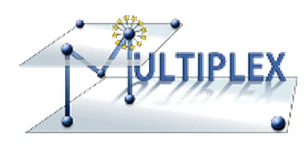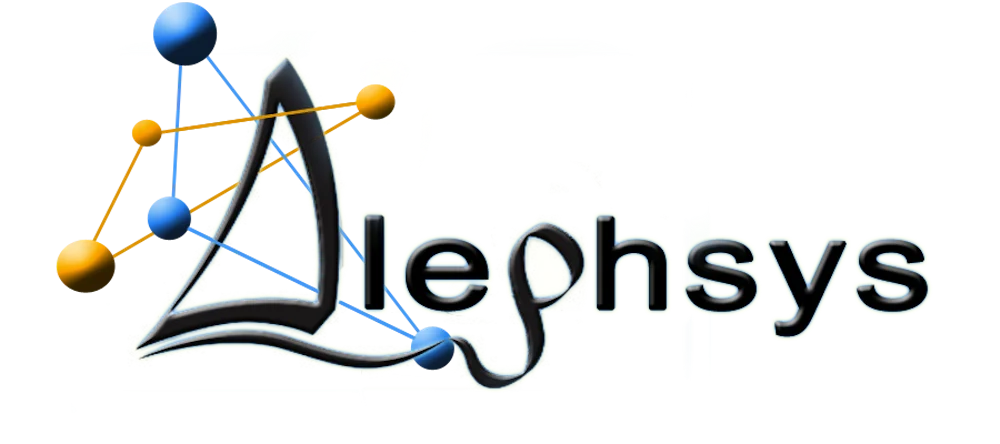 Home page: James S. McDonnell Foundation
Home page: James S. McDonnell Foundation
Founded in 1950 by aerospace pioneer James S. McDonnell, the Foundation was established to "improve the quality of life," and does so by contributing to the generation of new knowledge through its support of research and scholarship. The Foundation awards grants via the Foundation-initiated, peer-reviewed proposal processes described in the 21st Century Science Initiative.
In 2000 the James S. McDonnell Foundation (JSMF) announced new grantmaking guidelines for a new funding initiative: the 21st Century Science Initiative.
JSMF believes that private philanthropic support for science is most effective when it invests in the acquisition of new knowledge and in the responsible application of knowledge for solving the real world problems. Applicants are encouraged to keep this in mind when preparing proposals. Projects supported through the 21st Century Science Initiative are expected to meet highly selective intellectual standards.
 Home page: MULTIPLEX PROJECT
Home page: MULTIPLEX PROJECT
Multiplex is a project gathering together the prominent research institution at the intersection within Network Science, Complex Systems. Algorithms, Statistcal Physics and so forth. The main aim of this project is oriented to use the mathematical framework of Complex Networks and Algorithmics to establish a theoretical basis for the understanding, prediction and possibly control of the Complex Systems. This would be obtained by reconstructing their Dynamics from the huge and heterogeneous datasets available at different levels.
 Home page: PLEXMATH
Home page: PLEXMATH
Complex systems are made up by many interacting, non-identical components, whose individual dynamics are usually governed by simple rules that operate at multiple levels.
The structure of interactions between the system's components is defined through networks, the study of which represent one of the most fascinating topics in modern science. Network science has revolutionized our classical understanding of physical, biological, social and technological systems. Nevertheless, there are several challenges hindering significant advances in the theoretical and computational characterization of complex networks, the most important one being the lack of a mathematical formalism for coping with the multi-level (both in space and time) nature of many real systems. The vision of PLEXMATH relies on formulating a brand new mathematical framework for the analysis of multi-level networks in terms of tensors, in particular rank-four tensors that represent with four indices the most general structure of possible connections. We therefore will accommodate current and future theoretical and algorithmic needs by adopting a radically new point of view. Capitalizing on tensorial algebra we will reformulate all network descriptors and will propose dynamical equations to represent diffusive processes on multiplex networks. In doing this, we will generate new mathematical models that will be validated on unparalleled amounts of ICT data that describe relevant socioeconomic and techno-social systems. PLEXMATH constitutes a vital step towards a more general formalism for real-world networks, as the generated knowledge will substantially improve our understanding of complex systems, and will directly impact the way we deal with structural and dynamical patterns in many systems, including ICT.

